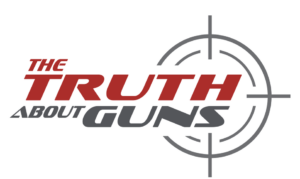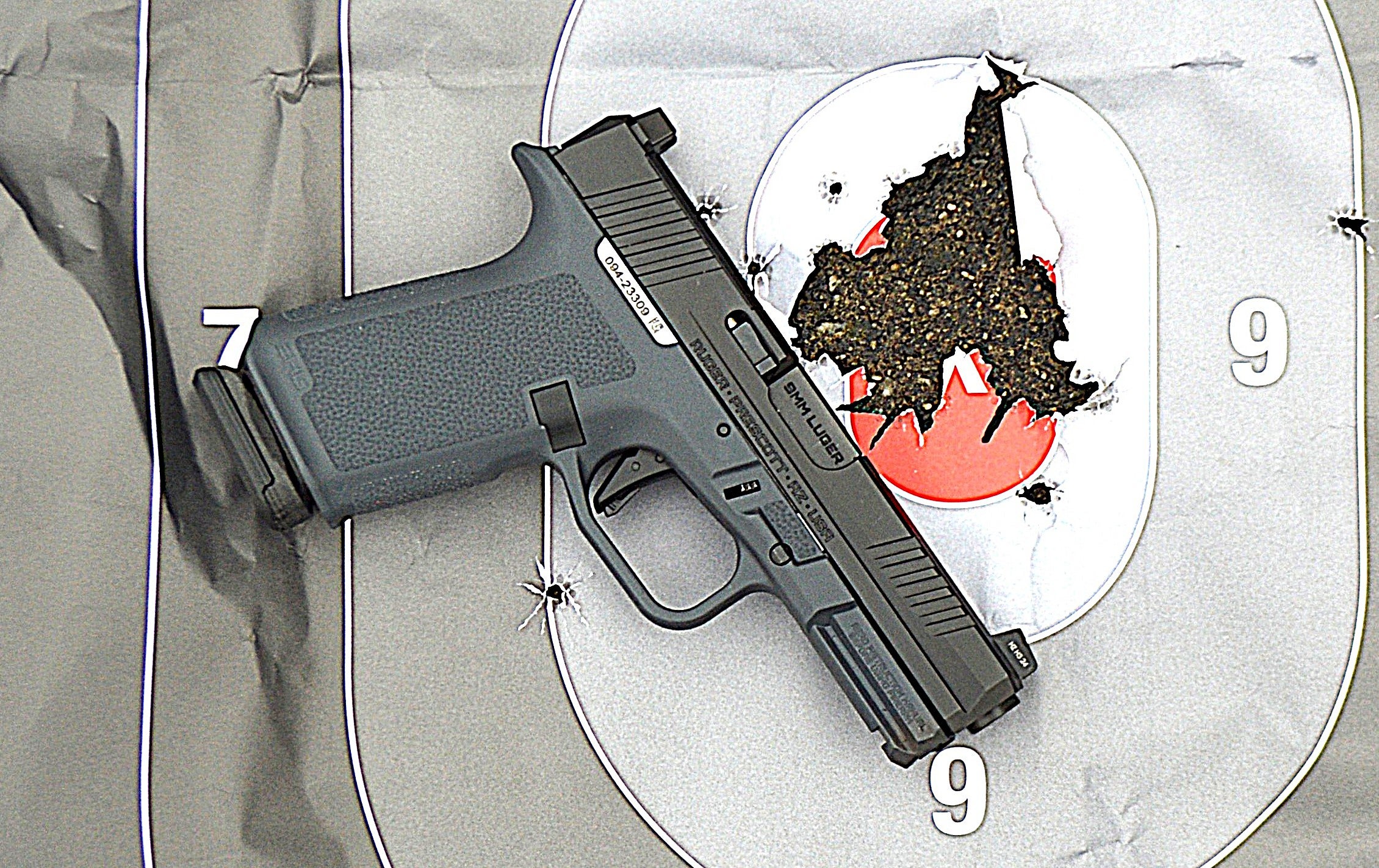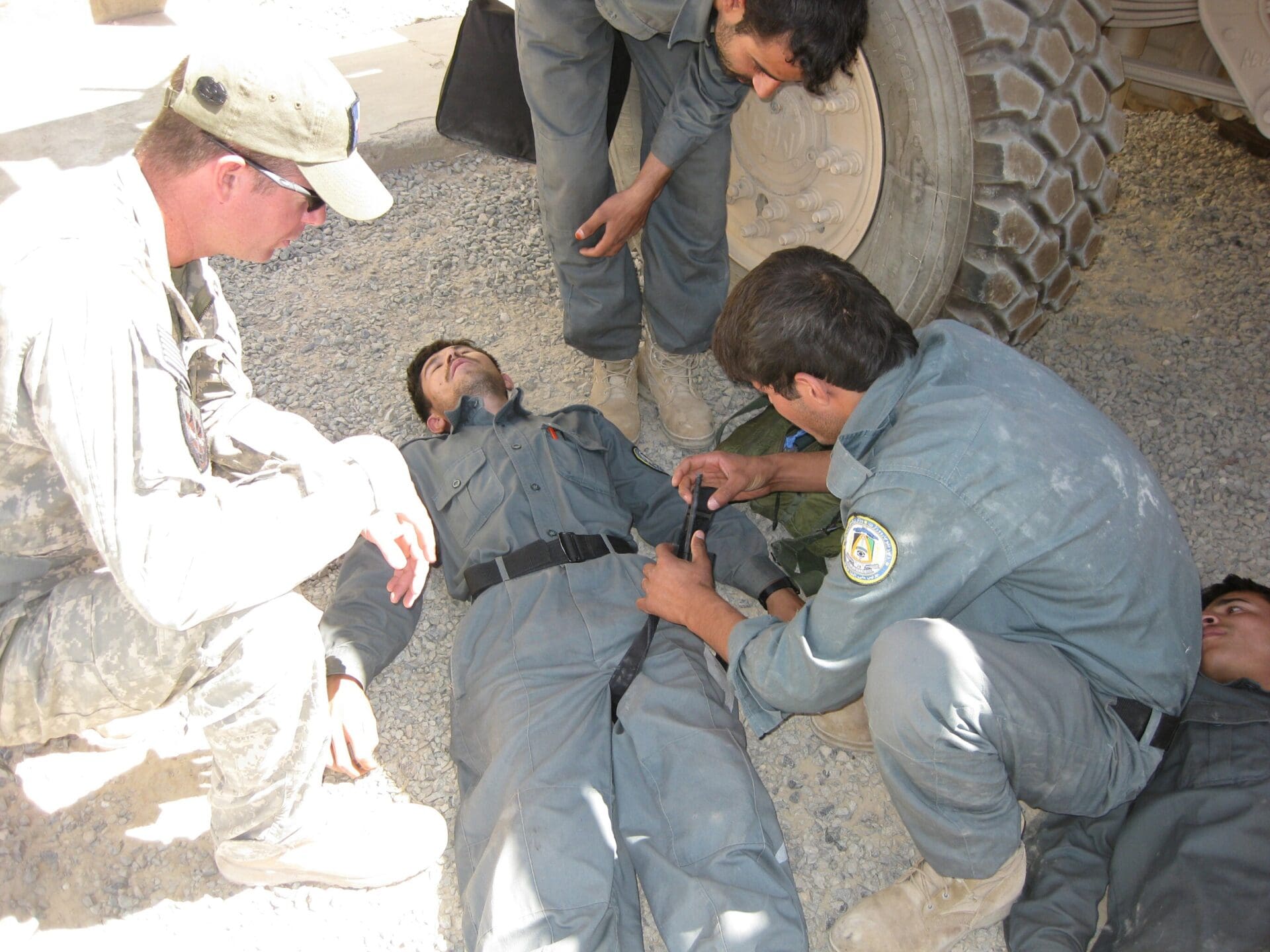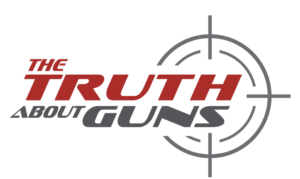
I’ve been in some combat. I performed my role adequately, but I was by no means a super soldier. What I can hang my hat on: I gained the respect of the men on my team, some of them true heroes by any standard. That’s the greatest honor I’ve ever been given.
One of the reasons underpinning their opinion: grace under fire. Despite some myopia and less-than-stellar skills with the Carl Gustav (I missed my target on my one and only shot in combat by well over 60 yards), I am notoriously calm in combat.
Most people appreciate that. Most people. My last gunner told me the most unnerving experience he’d had in combat was when, in the middle of a raging gun battle with rounds slamming into my 1151’s door, I said “excuse me, would you mind handing me down some linked 240 rounds please.” Apparently, nobody says “excuse me” or “please” during actual combat.
I do. In fact, the worse things get, the calmer, and more polite I am. The teams I’ve worked on eventually learned that if I’m smiling, and the “please and thank you’s” start pouring out, things have gone seriously awry.
I wasn’t always that way. In my early days in the ER, I was running around, barking orders, basically being a jackass. My colleagues excused it because I was technically proficient.
One day, another better, more experienced medic told me I was ruining everyone else’s work. Playing jock and scaring the hell out of the rest of the team led to delays and poor patient outcomes. He showed me the importance of staying calm under lots of pressure (much thanks, big brother).
When it comes to a defensive gun use, the calmer you remain during combat, the better the ultimate outcome. You need to be able to think clearly, act decisively and, most important of all, not make dumb mistakes.
There are a couple of things you need to do to stay calm during the pressure of combat. First, establish a baseline.
What does calm mean? What does it look like? What does it feel like? Find your calm state and cultivate it in your daily life. It doesn’t matter what gets you there: massage, yoga, music, star-gazing, meditation, a cigar and bourbon. Whatever it is, learn what it means to be really calm and still in your mind.
This is why I shoot. Yes, I hunt. Yes, I prepare for self-defense scenarios. Yes, I have fun pulling the trigger. But more than that, I shoot to practice staying calm. For me, marksmanship is a zen exercise.

The practice of establishing a mental reference point for calm – and developing a way to return to it – will help you make better decisions in every part of your life. It’s also one of the foundational techniques in your self-defense repertoire that you can practice in many different places, at little or no cost.
The second important step in staying calm in combat: train for it. No one would take a martial arts course seriously if all they learned was how to stand still and punch in the air. Your armed self-defense training is no different.
Don’t just go to the range and pull the trigger. There is a multitude of great training techniques you can practice even at an indoor range. But first, have a judge. A coach is nice, but at least have a judge. Someone watching you, letting you know what’s good and what wasn’t. Here’s a real pro-tip: the camera doesn’t lie. Use it.
Set your camera up and practice while drawing and firing from the interview position with your gun in the holster you use every day in the clothes you usually wear. Practice moving off the line of attack as you draw. Even one step will do to start.
Not enough space at your indoor range? Practice stepping back, creating distance as you draw. One draw at a time, one round at time is just fine. Did your first shot hit where you wanted it to? Can you remember what your front sight looked like as it did?
This is one of the most basic and most important skill sets you should be practicing on the range. By the way, were you smiling before you drew and are you still smiling? Yes, I practice smiling while in the interview position and through my draw.
If you have an outdoor range available, you will have a lot more freedom of movement. But the movement you need can be — and most often should be — practiced without a round in the chamber, and not at the range.
You can practice moving to cover in your home, and that’s probably the most realistic place to do it. The odds of you sprinting 50 yards down range in most self defense situations are minimal. Finding cover and concealment in your living room is much more likely to be a necessity. When did you do it last?
Proper training removes hesitation and confusion. Here’s my favorite example:
October 31st, 2009, just outside of Ghazni, Afghanistan. An MRAP in our convoy struck a mine. The blast snapped the mount off of the M2 that was in the hands of the gunner, sending Ma Deuce directly up and into the face of the young corporal. It split his mandible, leaving him with a concussion.
While the rest of us were still trying to figure out what the hell was going on, the corporal reached down to the hood of the MRAP and lifted the heavy machine gun, including its ammo tray, and the remains of the mount. He remounted the gun in a secondary mount, slapped a new link of rounds in, cycled the gun, switched the turret from electric to manual crank, rotated to the direction of the nearest threat (a small building) and yelled through his smashed mouth, “GUN UP!”
The two men in the little building, one of whom tested positive for explosives residue, had no time to mount a secondary attack, signal to someone else, or flee before that heavy .50 cal was right on them. The dust hadn’t even settled.
We survived to fight and eventually return home. They were turned over to and interrogated by the Afghan National Defense Service. I never saw anyone come back from those interrogations.
That corporal had this recovery process written in big red sharpie on the inside of the turret. He practiced the drill (minus picking the M2 off the hood) every time he got in the truck.
Again, proper training removes hesitation and confusion.
In the army while at war, reaction to contact was by far the most common drill we practiced. It is a simple series of actions that will vary slightly from unit to unit. It starts with things as simple as “call out description, distance and direction of the attack” and movement out of the kill box.
It can get more complex depending on the situation. The best teams talked through it every single day and before every mission. You put it on flash cards, you said it out loud, wrote it down, walked through it and ran through it over and over. You took breaks from missions where you were actually performing those actions to stop and train for those actions. And that made all the difference in the world.
Proper training removes hesitation and confusion.
That said, no matter how fast you return to calm, there will be a delay. This happens to everyone. Every person on the planet has that “Oh $#it” moment when they’re attacked. Sometimes the delay between the stimulus and response is long. Sometimes it’s short. Sometimes that hesitation is a lot longer than you thought. But it will happen.
No matter how you perceive your reaction time, when it comes to combat, hesitation kills. Good training lets you perform the most basic tasks that you need to start your counter-attack quickly and efficiently, while you’re mind is still catching-up with the reality of the situation.
The right things really start happening when you are calm enough to recognize a threat, react according to your training, and then reassess and think through the situation. That happens faster when you know what calm is and get back to it. If you can act quickly and calmly, you will have the basic skills you need to increase your odds of success in a defensive gun use.









ofs!